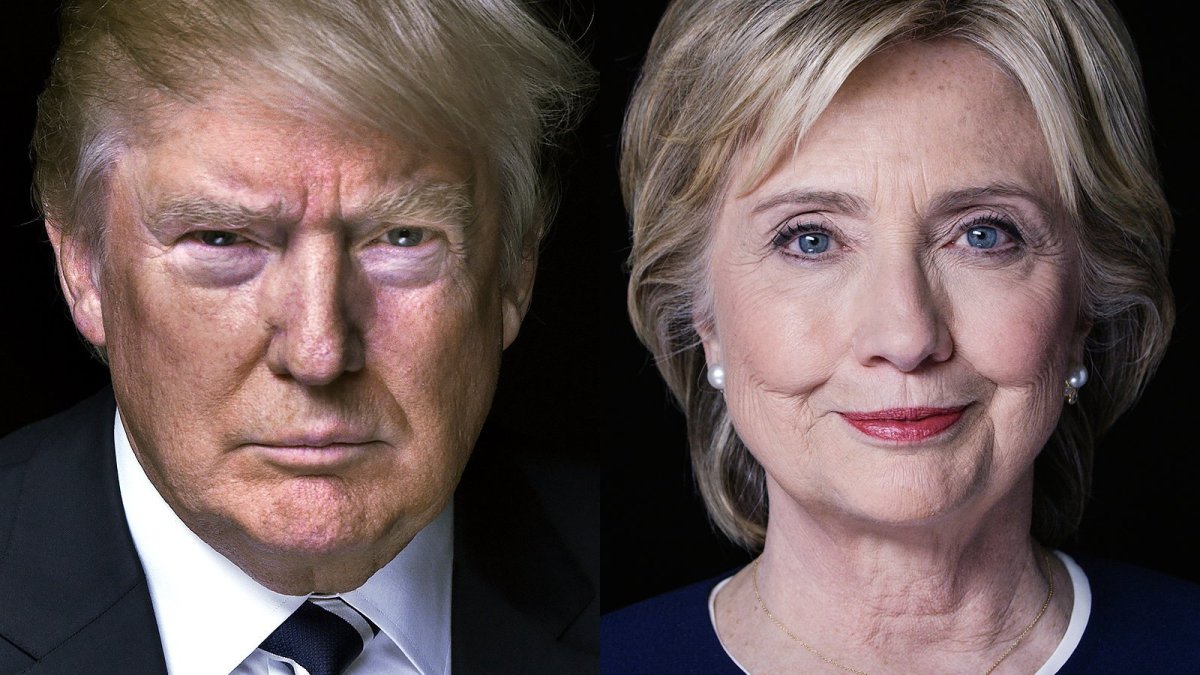By Michael Bastasch
For weeks, the media has focused on “faithless electors” not casting their votes for President-elect Donald Trump, but it turns out former Secretary of State Hillary Clinton had a bigger problem in this arena.
In fact, Clinton had more “faithless electors” than any presidential candidate in more than a century. Seven electors chose to buck their state’s preferred candidate this year, the most since 1912 when eight electors had to change their votes because Republican vice presidential candidate James S. Sherman died before the election.
Five Washington Democratic electors did not vote for Clinton. Another three electors in Maine, Minnesota and Colorado tried to buck Clinton, but were blocked from doing so by state laws. Only two Republican electors did not back Trump.
Three Washington state electors pledged to Clinton voted for retired Gen. Colin Powell, a Republican, and a fourth voted for Native American activist Faith Spotted Eagle. In Hawaii, a fifth Democratic elector voted for Vermont Sen. Bernie Sanders instead of Clinton.
A “faithless elector” is an elector who does not vote for the candidate who won the popular vote in their respective state. Some state laws punish electors who do not vote for the candidate they are pledged to.
A group of Democratic electors began a group called, “Hamilton Electors,” in an effort to convince their colleagues to vote for someone else besides Trump. The media went for it, signalling a politicization of the electoral college not seen in a long time.
Celebrities put together an ad targeting Republican electors, asking them not to vote for Trump. Activists began a letter-writing campaign to further put pressure on Republicans to buck the president-elect.
Celebrities and activists said Trump was unfit to take office, and even argued Russia tampered with the election.
“As we know from the Federalist Papers, the Framers created the electors to be more than bean-counters, to exercise actual intelligence and discretion,” said Michael Baca, a Democratic Colorado elector affiliated with the Hamilton Electors, according to USA Today.
“In light of Russian interference in the 2016 election, Trump’s refusal to release his taxes so we can assess foreign conflicts of interests, and the lack of an intelligence briefing prior to the Electoral College on December 19th, this election must be decided in the U.S. House of Representatives, as has happened twice in our nation’s history,” said Baca.
In the end, only two Republican electors in Texas did not vote for Trump. Elector Christopher Suprun voted for Ohio Gov. John Kasich, who was defeated by Trump in the primaries, and an unnamed elector voted for former Texas Rep. Ron Paul.
Trump ended up officially winning the presidency Monday after getting 304 electoral votes. He only needed 270 electoral votes to win.




1 comment
… [Trackback]
[…] Information on that Topic: thelibertarianrepublic.com/hillary-bigger-faithless-elector-problem-trump/ […]